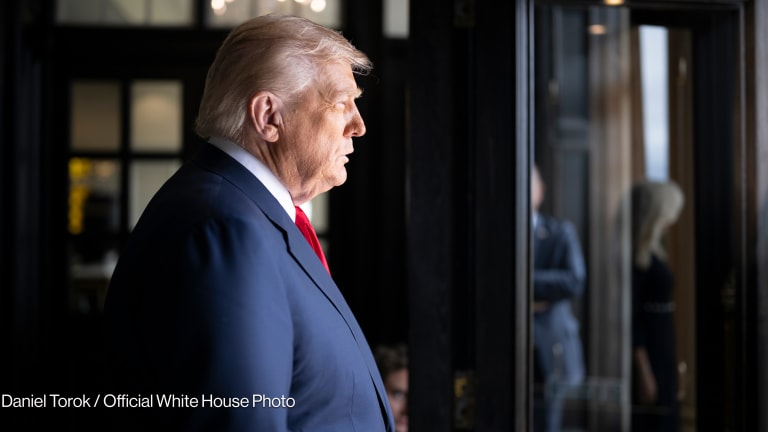
An influential House subcommittee will vote May 9 on a proposal to reduce funding for U.S. bilateral aid and global health programs, and impose “significant cuts” to the country’s contributions to multilateral development banks and climate-related funds.
The Republican-led House Appropriations subcommittee on State and foreign operations’ markup of the draft 2013 international affairs spending bill kicks off fiscal 2013 congressional budget deliberations. This year’s process is expected to be more complicated considering the upcoming presidential election in November.
The draft budget provides $40.1 billion in regular discretionary funding for the U.S. Department of State, U.S. Agency for International Development and related programs. This is $2 billion less than current funding levels and approximately $7 billion lower than the budget requested by U.S. President Barack Obama.
The proposal meets the funding allocations set in April by the House Appropriations Committee. It includes $17.2 billion for bilateral economic assistance — $1.1 billion less than current funding levels and $3 billion below Obama’s request. Global health programs will receive $8.02 billion — down from $8.16 in 2012, but higher than Obama’s requested budget.
Funding for the Millennium Challenge Corp. will be maintained at the current levels of approximately $898.2 million. The $770 million Middle East and North Africa Incentive Fund proposed by Obama, meanwhile, will not be financed.
Here are other details of the draft spending bill:
$12.9 billion for the operation cost of the State Department and related agencies.
$2.2 billion for U.S. contributions to multilateral organizations and development banks. No funding is allocated for the Clean Technology Fund, the Strategic Climate Fund, U.N. Population Fund and UNESCO.
$1.2 billion for USAID operations.
$8.2 billion for overseas contingency operations in Pakistan, Afghanistan and Iraq, including $258 million for USAID operations in Afghanistan and Pakistan.
$2.9 billion for the Economic Support Fund for Jordan, Colombia, Lebanon and Egypt.
This draft spending bill is unlikely to become law any time soon even if approved by the subcommittee. It will still need approval from the full committee and the House before being discussed with the Democrat-led Senate, which is unlikely to agree to steep funding cuts.
The full House Appropriations Committee will consider the proposal next week. The Senate Appropriations subcommittee on the State, foreign operations and related budget is expected tackle the Senate version May 15, while the full committee will take it up May 17.
Read more:
State-foreign operations suffer $5B cuts under House appropriators
Reform efforts drive fiscal 2013 hiring plans at USAID, State
Obama’s 2013 foreign aid budget request: The good, the bad and the ugly
Read more on U.S. aid reform online, and subscribe to The Development Newswire to receive top international development headlines from the world’s leading donors, news sources and opinion leaders – emailed to you FREE every business day.








